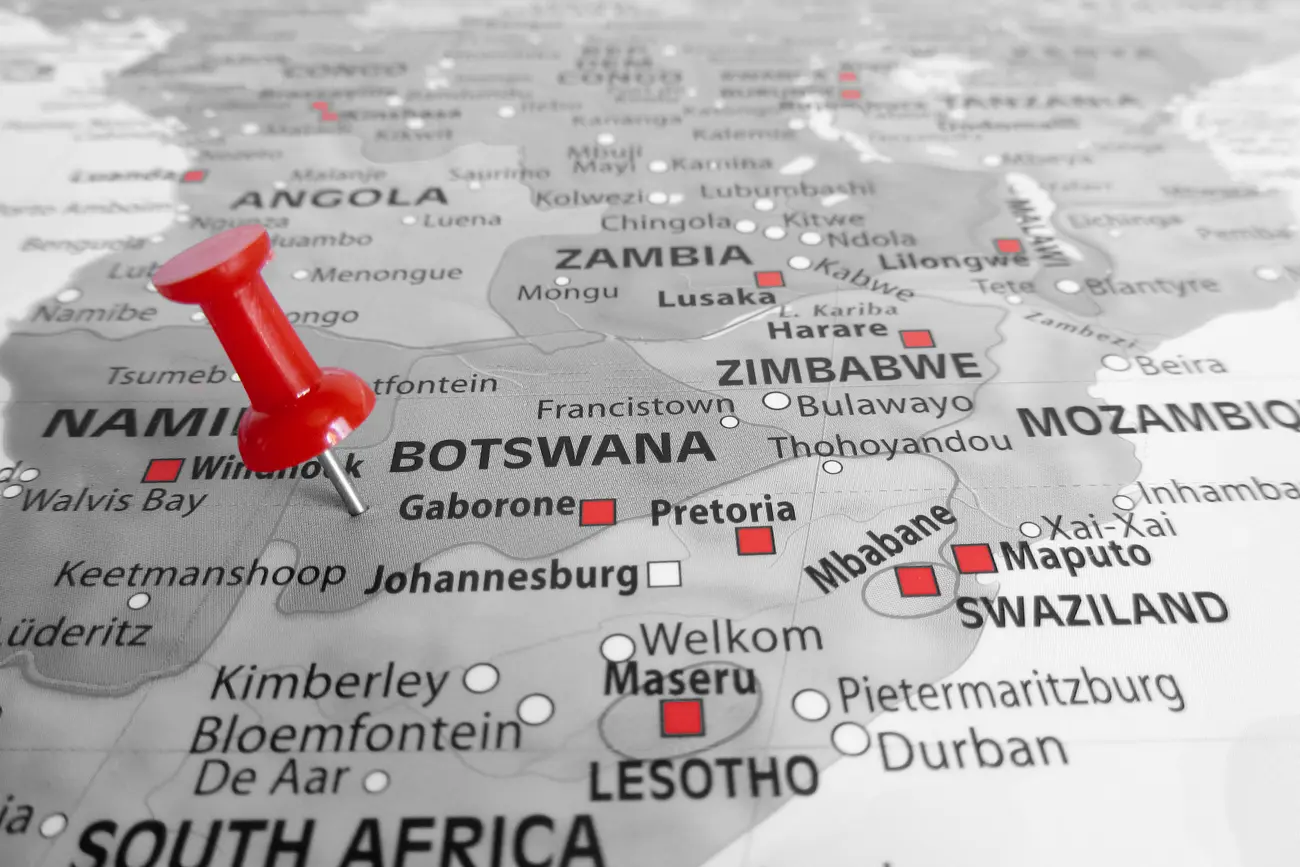
IOL
By Angela Mudukuti
The trial of former Chadian leader Hissene Habre shows that there are limitations to the administration of international justice, writes Angela Mudukuti.
The limited distribution of international justice remains a prominent topic of discussion, and the landmark trial of Hissène Habré once again brings this issue into focus.
Nicknamed Africa’s Pinochet and infamous for ruling Chad with an iron fist, the 72-year-old former president Habré had his first day in court last week.
In an unprecedented manifestation of “African solutions for African problems” the Extraordinary African Chambers in Senegal opened the trial against Habré for his alleged commission of crimes against humanity, war crimes and torture during his reign from 1982 to 1990.
While this trial is the first of its kind and should be hailed as a progressive step for international justice, it is not without its shortcomings.
The unfortunately short arm of the law is once again exposed.
During his eight years in power, Habré allegedly masterminded the death of about 40 000 suspected and actual political opponents and allegedly tortured hundreds more people using his nefarious political police, the Documentation and Security Directorate.
After being deposed by current Chadian President Idriss Déby, Habré fled to Senegal where he has been in exile since.
Thanks to the AU and to the persistence of victims and civil society, Senegal is putting Habré on trial using the principle of universal jurisdiction for his crimes in Chad.
Universal jurisdiction is a principle that reflects the understanding that crimes that shock the conscience of humanity are of concern to us all.
In the light of that, nations are entitled, if not required, to bring perpetrators to book regardless of the nationality of the victims and perpetrators and regardless of where the crime was committed.
The use of this principle has been an integral part of international law and continues to provide prospects for justice in places where it was unimaginable.
The Senegalese government also deserves special mention as it continues to lead by example when it comes to Africa and its engagement with international criminal law. Senegal signed the Rome Statute of the International Criminal Court (ICC) on July 18, 1998 and ratified it on February 2, 1999, becoming the first State Party. In addition, the president of the ICC’s Assembly of States Parties is the current minister of justice of Senegal and Senegal is the stage for this momentous trial.
It has been a long and arduous road to justice involving many different domestic and international fora of adjudication.
This trial could mark an important point in the discourse on international criminal justice in Africa. Twenty-five years after his fall from power, victims have a chance to have their story heard and an opportunity for justice to be done.
That being said, Habré’s trial exposes gaps in the administration of international justice. The first gap quickly becomes evident when one reflects on how Habré came into power and how he maintained power. A deeper look will reveal that perhaps he is not the only one who should be in the dock.
The US and France supported Habré in their attempt to curtail the power of Libya’s Muammar Gaddafi whose ever-expanding reach and support of international terrorism posed a threat for Ronald Reagan and his allies.
The US allegedly gave covert CIA paramilitary support to, firstly, put Habré in power in 1982 and then continued to provide military support thereafter.
France also seems to have played a role by providing Habré with weapons, information, logistical support and any help needed to maintain power.
Yet the prospects of holding these administrations liable for their apparent complicity seem non-existent.
While the US and France are among the long list of donors funding the Extraordinary African Chambers, that doesn’t absolve these nations from frankly assessing the roles they played in the suffering of the Chadian people.
Another shortcoming is that, while the Extraordinary African Chambers have the “power to prosecute and try the person or persons” deemed most responsible for serious violations of international law committed in Chad during Habré’s reign, notable figures like Habré’s former commander-in-chief of armed forces and current president of Chad, Idriss Déby, remain untouched. Déby was commander-in- chief during the infamous “Black September” period when Habré’s forces brutally murdered their opposition.
Granted, the investigations and truth commissions in Chad pertaining to the crimes of Habré have been conducted under Déby’s watch and Chad is among the financial contributors to this trial, but should this shield Déby from further scrutiny?
Could this be the classic example of sitting heads of state being erroneously perceived to be above the law? If so, then this unfortunate mentality is reminiscent of the Bashir saga in South Africa.
The shortcomings by no means diminish the importance of bringing suspected perpetrators like Habré to trial, but they point out that the administration of justice domestically, regionally and internationally is not without its limitations.
Justice, international criminal justice in particular, needs to be dispensed evenly.
As witnessed with the situation in Chad, and with the ICC (where the court lacks jurisdiction to address the crimes perpetrated by the US, Syria and North Korea, for example), this is clearly easier said than done.
* Mudukuti is the international criminal justice lawyer at the Southern Africa Litigation Centre. She has worked at the International Criminal Court in the Hague.
http://www.iol.co.za/mercury/the-arduous-road-to-global-justice-1.1893131#.VcDHC_mqpHx



